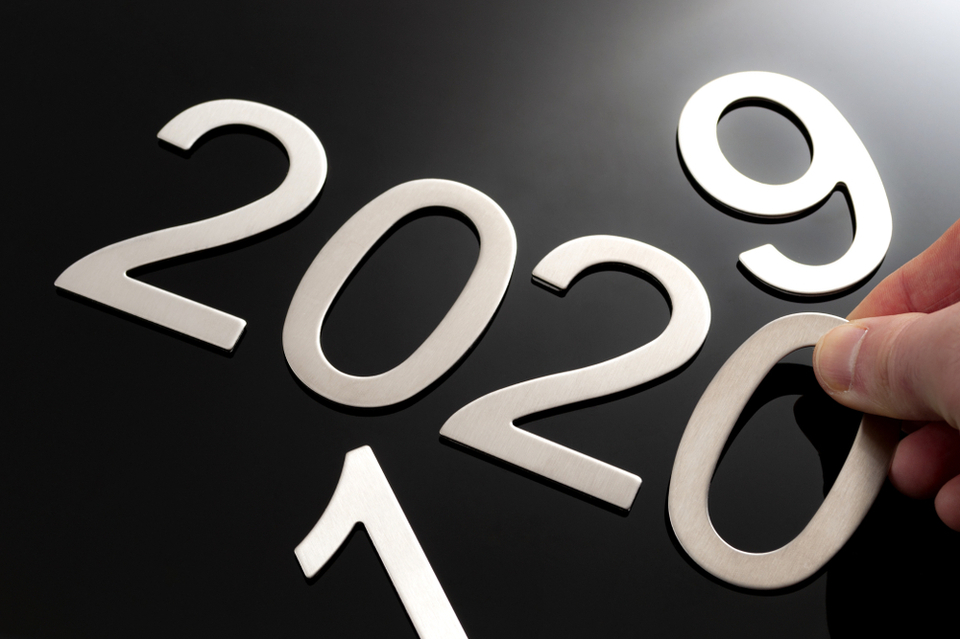As the saying – attributed to the British historian Arnold Toynbee – goes, “history is just one damn thing after another.”
It is said that history repeats itself. Civilizations rise, and then later on collapse. It’s a neverending cycle of decline and growth alternate.
History shows us that in times of prosperity, political and social animosities aren’t as pronounced as in times of decline. But, could history be more than just that, history, and provide the basis for analytical and predictive tools for the future?
What could happen over the decade ahead?
History as Science: What is Cliodynamics?
Cliodynamics — from Clio, the Greek goddess muse of history, and dynamics — is an emergent pluridisciplinary research field aiming at finding mathematical patterns in historical data.
It is Peter Turchin, a mathematician who studies ecosystem dynamics at the University of Connecticut, that founded cliodynamics.
He says cliodynamics is “at the intersection of historical macrosociology, economic history/cliometrics, mathematical modeling of long-term social processes, and the construction and analysis of historical databases.”
Cliodynamics may be the closest to the fictional science that Isaac Asimov, in his saga Foundation, calls “psychohistory.” And professor Turchin may be the closest to a real-life Hari Seldon.
The 2020s Don’t Look Great
Years ago, professor Turchin had analyzed historical economic and socio-demographic records to make more than just guesses about the future. He had predicted a wave of widespread violence and upheaval, riots, and terrorism to peak around the 2020s.
Other academics have picked up on Turchin’s ideas. David Baker wrote in the Conversation.
“Here are some big-picture predictions: stagnant real wages, faltering standard of living for the lower and middle classes, worsening wealth inequality, more riots and uprisings, ongoing political polarisation, more elites competing for limited positions of power, and elites co-opting radical movements. Thanks to globalization, all this won’t just happen in one country but in the majority of countries in the world. We will also see geopolitical realignment, dividing the world into new alliances and blocs.”
Cliodynamics is a controversial “science” that is met with a lot of criticism. For one thing, historians remain skeptical as they don’t buy the idea of quantifying history.
Math, however, has already revolutionized many other scientific disciplines, such as biology, sociology, and economics. Why history can’t benefit from mathematical modeling?
There are over 200 theories to explain the fall of the Roman Empire, for example. And as is often the case in the humanities, historical theories are rarely refuted. Math may help settle the debate.
Read More: Meet the Artificial Intelligence System That Can Predict the Future



















Comments (0)
Most Recent